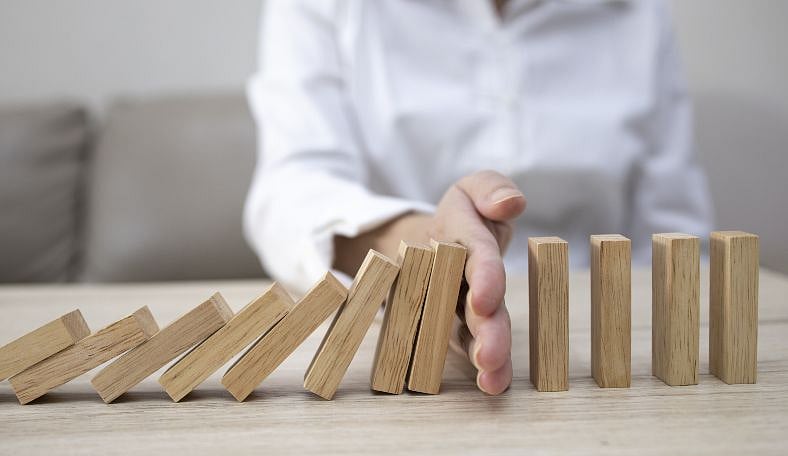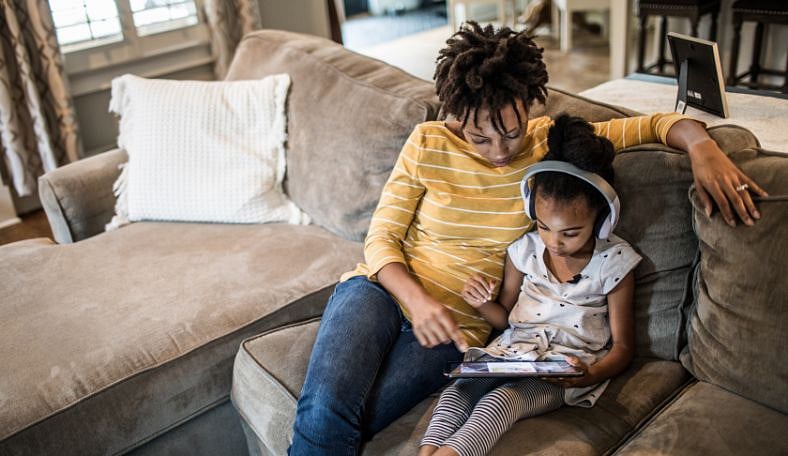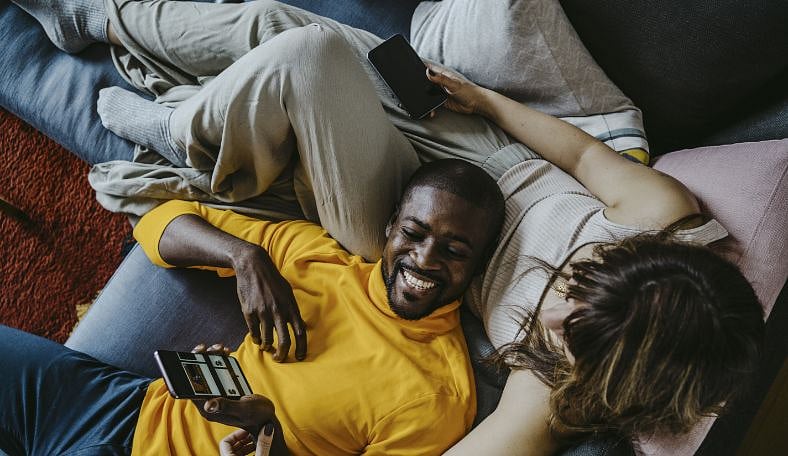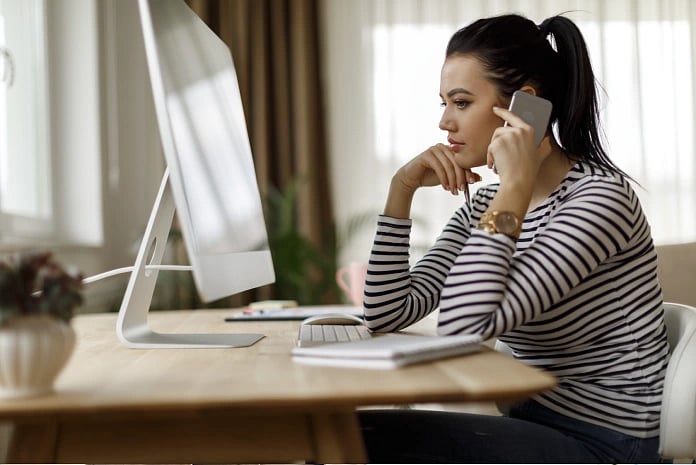To keep our site in tip-top shape, we need to do a little maintenance every now and again. We apologise for the inconvenience. If you experience any technical issues, please leave your name & number and we'll call you back.

1st for Women Knowledge Hub
A collection of our articles, videos, interviews and infographics
Featured Content
All Categories

Insurance
First for Women insurance has become one of the insurers of choice for many South African women. We offer specifically designed products, like car insurance. Discover more about common questions and concerns with our Insurance insights about vehicle insurance, business insurance, home insurance and personal life cover.

Lifestyle Blog
Your lifestyle is reflection of your personality and aspirations. At First for Women insurance, we know that the modern woman values her home, clothes, cuisine and mode of transport because she’s worked hard for it. Explore a diverse set of interests with our Lifestyle section. You can find helpful hints and resources covering home life, family, travel destinations and more.

Inspiration
Women are powerful pillars in our society, which is why First for Women provides strength, support and strategy with our First for Women Foundation and our stories of inspiration from local women. Give your confidence a boost, or find out how you can collaborate with First for Women insurance as we positively impact the lives and well-being of women in South Africa.

Relationship
Women are serious decision-makers in life, whether as a career woman, homemaker, wife, mother or daughter. Our roles are vast and complex, along with the relationships we maintain in our lives. Connect with our Relationship section. We offer heartfelt advice and stories from real women who have been in the same position in which you find yourself.

For Women, By Women
Real women, real stories. We understand how important it is for you to find local, relevant content that is relatable to our own lives. That’s why the First for Women team offers you advice, stories and opinions from fearless South African women. Take a look at our For Women, By Women section for the latest article or interview from those women who continue to inspire us all.

We Have Great
Insurance Products
At 1st for Women we know that each
woman is an individual who has
different needs.
Latest Blogs
Featured Products

Car Insurance Quotes
Because every woman is different, tank stop you from getting where Car Insurance depending on your needs.

Life Insurance Quotes
Let us help you put your family first when it’s challenging to do it yourself.

Business Insurance Quotes
Because no business is without risk, you need business insurance from a business partner who understands your requirements.





